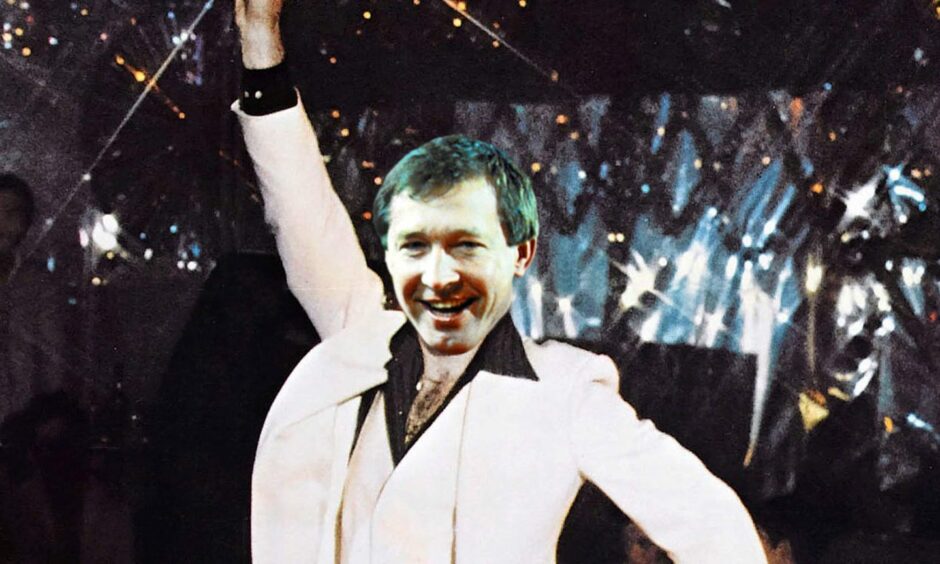
Sir Alex Ferguson fell flat on his face as the final whistle blew in Gothenburg to signal his finest hour as Aberdeen manager.
But Sir Alex – or plain old Fergie as he was known back in 1983 – got back on his feet and was the last man standing following the 2-1 victory over Real Madrid.
Fergie knocked back the champagne and partied until 6am.
The first European trophy in the club’s history on a rain-lashed May night in Gothenburg was the culmination of a remarkable journey that started in 1978.
Ally’s Army was riding the crest of a wave before the 1978 World Cup when Aberdeen were left without a manager for the second successive summer when Billy McNeill accepted the offer to go back to his first love and replace Jock Stein at Celtic.
Aberdeen’s directors wasted no time in moving for the 36-year-old St Mirren manager.
“I’m delighted to be here,” said Fergie.
“I was interested in the job immediately when Billy McNeill left for Celtic.
“It’s a fine club with excellent facilities and I’m looking forward to a long and happy stay here.
“I know there is a good squad of players at Pittodrie, but there is still a big challenge for me here.
“I’m a winner by nature and I want to win things for Aberdeen Football Club.”
He was as good as his word.
Gothenburg was crowning moment
Aberdeen won the Premier Division in 1980 for just the second time in their history and the 1982 Scottish Cup when Fergie’s youngsters ran Rangers oldies ragged.
The crowning moment arrived on that rain-lashed late May night in Gothenburg when Mark McGhee’s cross was headed in by substitute John Hewitt in the 111th minute.
In his 1985 memoir, Fergie remarked: “Our dugout erupted.
“I remember slipping and falling as I got off my seat, but all the rest of them – Archie Knox, Roland the physio, Teddy Scott and all the substitutes – just ran right over the top of me!
“I struggled to my feet with my clothes soaking and ran on to the park to hug Willie Miller. When we got back to the dressing rooms there was a certain air of unreality.
“There were two Aberdeen rooms in the stadium’s dressing room complex – one for the players and one for the directors, manager, coach and backroom boys. The players were singing and dancing in their room, but our room was surprisingly quiet, as if we couldn’t believe it – we’d beaten Real Madrid in a European final.
“It’s a strange thing, but you feel quite humble at a moment of such triumph.
“You also feel a bit of sympathy for the losing team on such a big occasion.
“Then it was out of the room and into the magic whirlwind.”
But behind every player was a wife passionately supporting the man she loved and they were in attendance at the post-match reception which took place upstairs.
Fergie recalled: “The press were shouting for quotes, the cameras were clicking and the television lights were flashing. There seemed to be bodies everywhere.
“We were no longer a team and a club but a series of fragmented groupings, some players talking to their wives, some to supporters, some still at the dope test.
“Old friends appeared and new friends arrived.
“The occasion engulfed us and we submitted happily.”
Knight Fever
Örjan Persson played alongside Ferguson in the 1960s during his spell with Rangers and was among those who joined Aberdeen at the reception to celebrate.
Swedish 1974 World Cup star Persson was no stranger to big European nights having been part of the Dundee United team which defeated Barcelona and Juventus in the Inter-Cities Fairs Cup in 1966/67.
Fergie said: “He raved about the team performance and how the Scottish game had changed since our playing days.
“After the celebrations at the ground, we returned to the hotel where Cathy and I, my brother Martin, my pal John Donachie and his wife, Archie Knox’s brother, an old friend from Dunfermline, John Grieve, and his pals, and George Ramsay and his wife were all in the mood to celebrate.
“It was also Maureen Ramsay’s birthday so for her it was a double celebration.
“When we arrived at the hotel from the stadium all the supporters who were staying there had lined up to welcome us. Again they seemed to be in the distance to me.
“It was a strange feeling.
“Martin and John came forward to hug me and at last the ice was broken.
“I finally began to relax.”
‘I didn’t want to forget…’
A buffet meal was followed by speeches before they all broke into little groups.
“The staff, myself, and our wives, along with my friends sat together and drank champagne throughout the night,” he recalled in his 1985 memoir.
“But although I enjoyed the champagne I never let it get the better of me.”
Fergie said he “wanted to retain my faculties”.
“I didn’t want to forget,” he remarked.
“The night wore on and one by one, the party broke up till only Teddy Scott, Cathy and I were left. It was after six in the morning and it was somehow fitting that the three of us should be the party’s last survivors.
“Cathy, who has sacrificed a normal family life in support of me and has suffered a hard life married to a football manager, and Teddy.”
Teddy used to sleep at Pittodrie…
Teddy Scott signed for Aberdeen in March 1954 and made his first appearance in the red shirt of Aberdeen in the public trial match at Pittodrie in August.
During the latter part of the 1956-57 season, he was loaned to Brechin City and moved on to Elgin City in the Highland League.
Yet, after just after one season at Borough Briggs, he returned to Pittodrie to take up a training role which began an incredible and legendary association with the club.
For many years, he coached and nurtured generations of young Dons players and was always available to offer a word in their ear.
Latterly, Scott was in charge of the kit room and enjoyed the kind of iconic status at Aberdeen which is normally reserved for the players.
In Ferguson’s time as manager at Pittodrie, he would arrive some mornings and find Scott sleeping on the snooker table in the club bar because he had been working too late to catch a bus home.
Fergie broke it down further back in 1985.
“What can you say about this man that could adequately do him justice?
“His whole life has been devoted to the club, so much so that he can be found at Pittodrie up to 9pm every night.
“He has been a marvellous support to me throughout my time with Aberdeen and I’ve yet to hear a bad word about him.”
Scott died at the age of 83 in 2012 and Sir Alex described him as being an integral part of everything he achieved during his time in charge at Pittodrie.
Including that night – and early morning – of glory in Gothenburg.
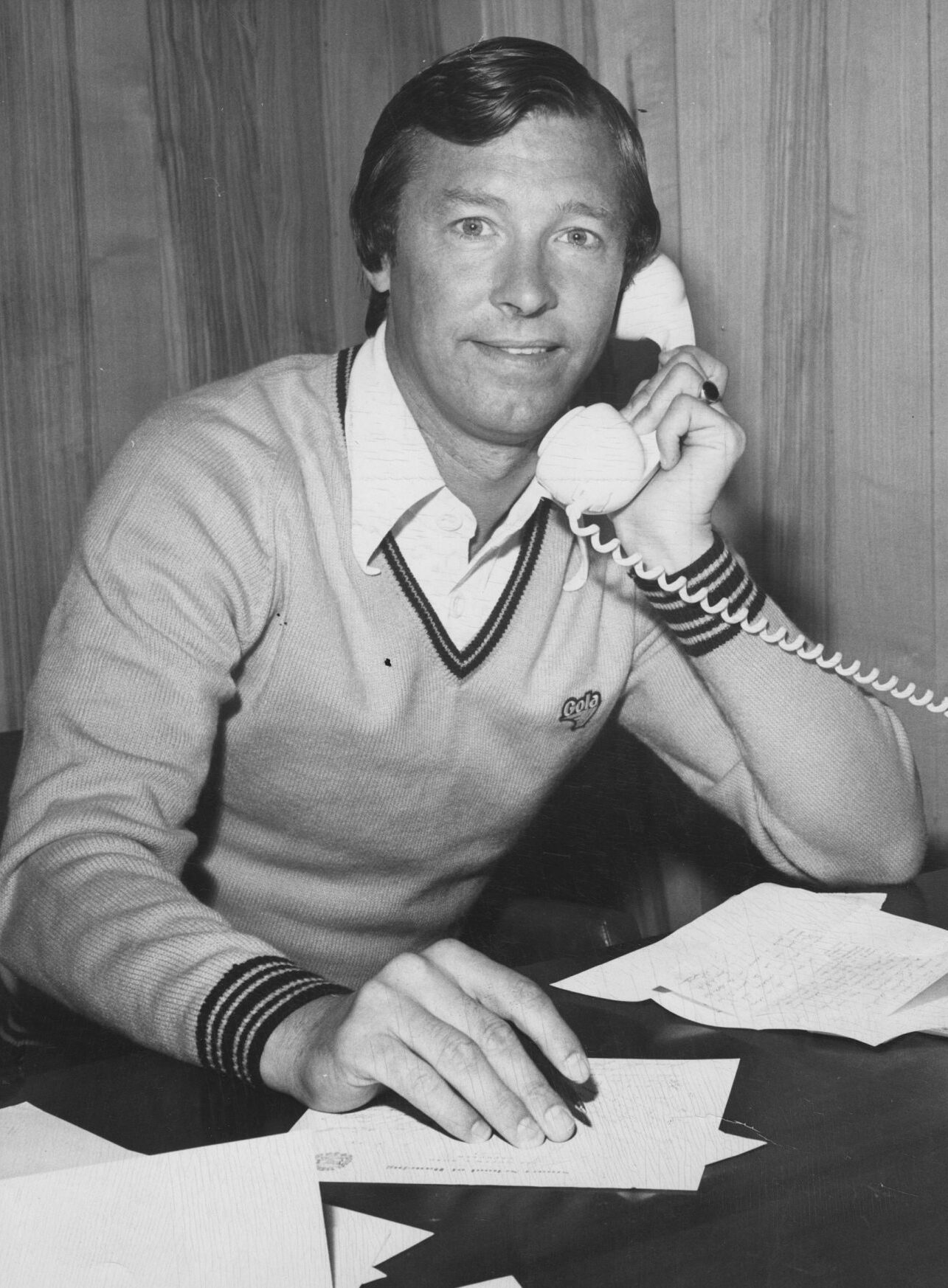
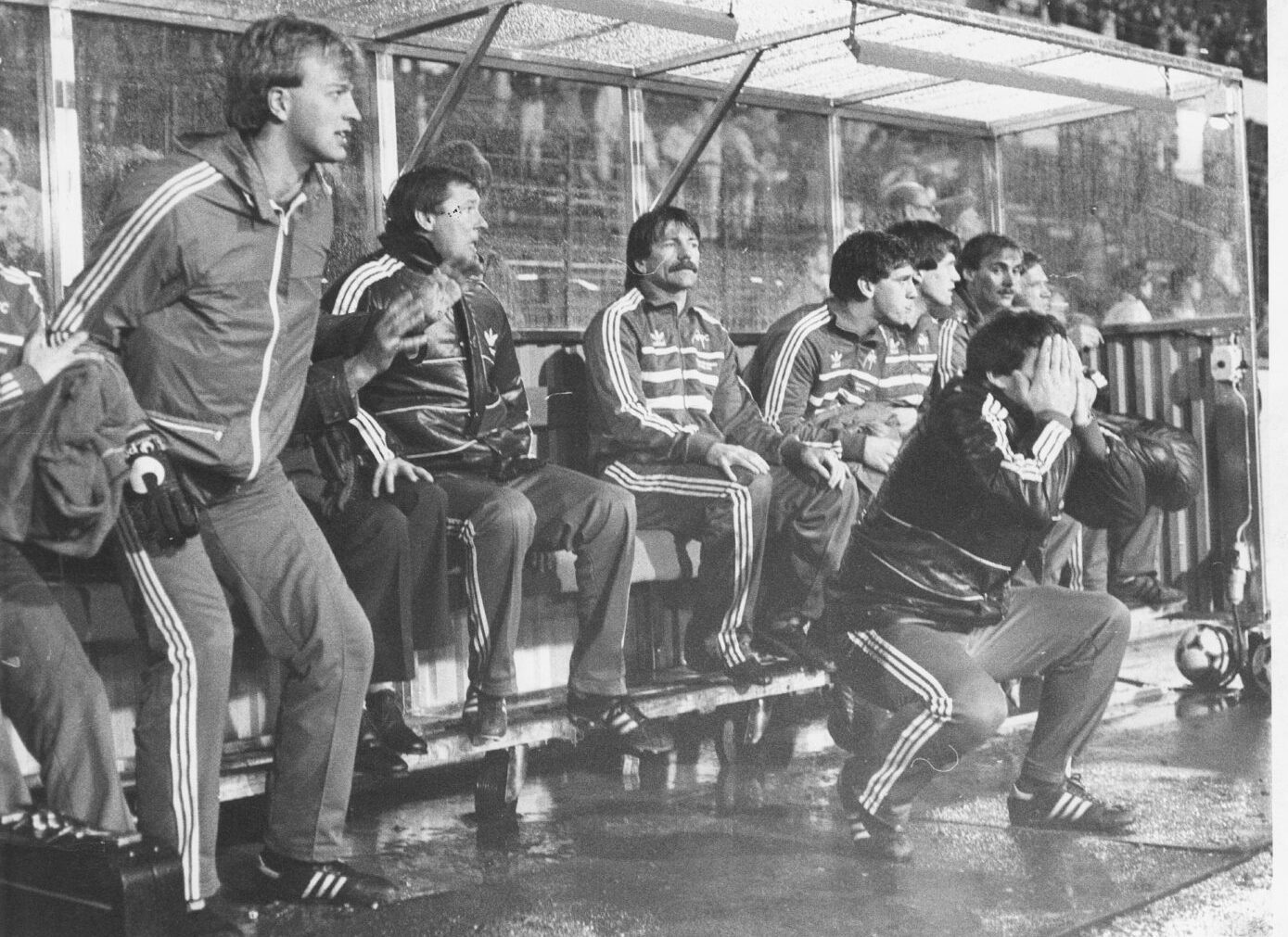
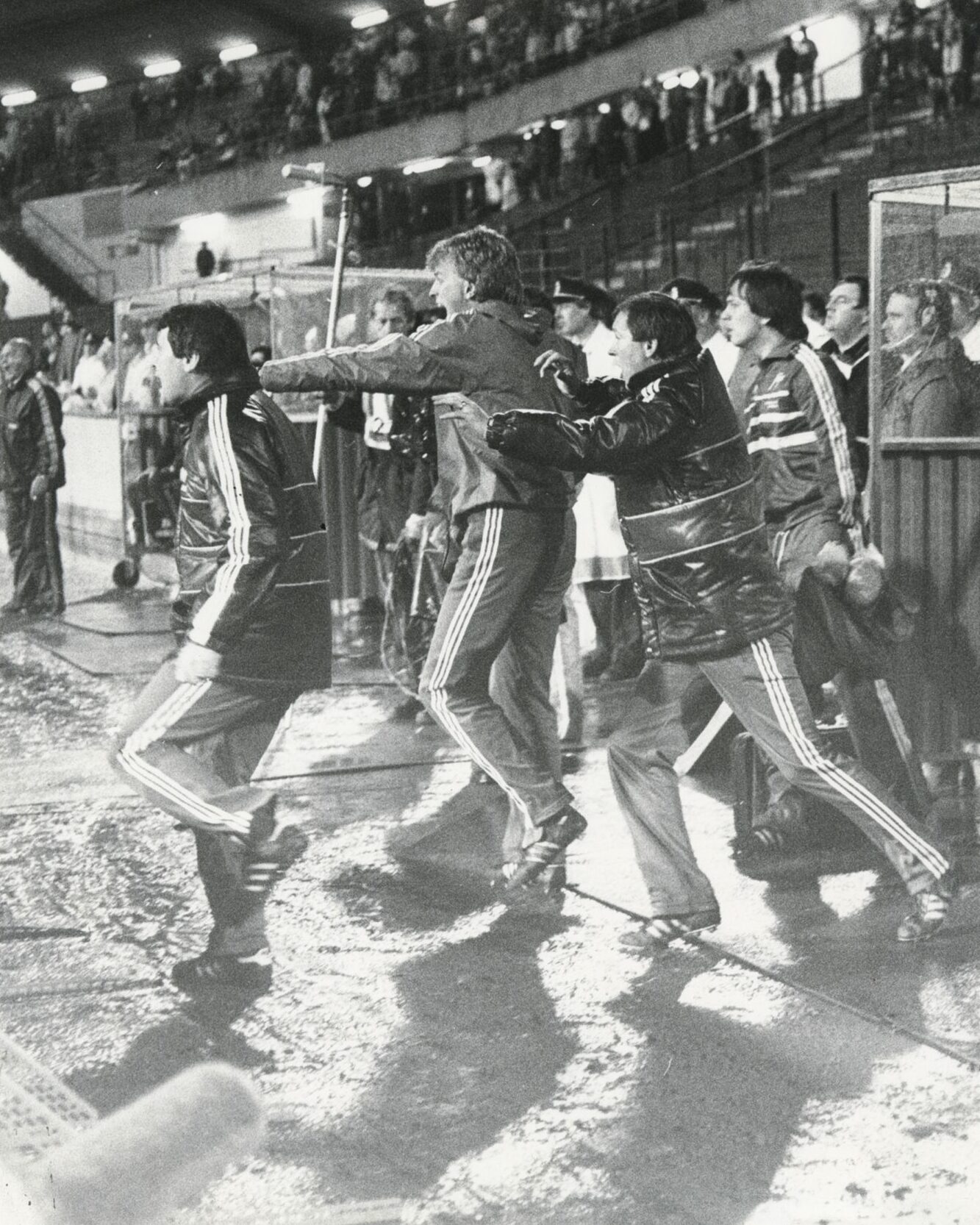
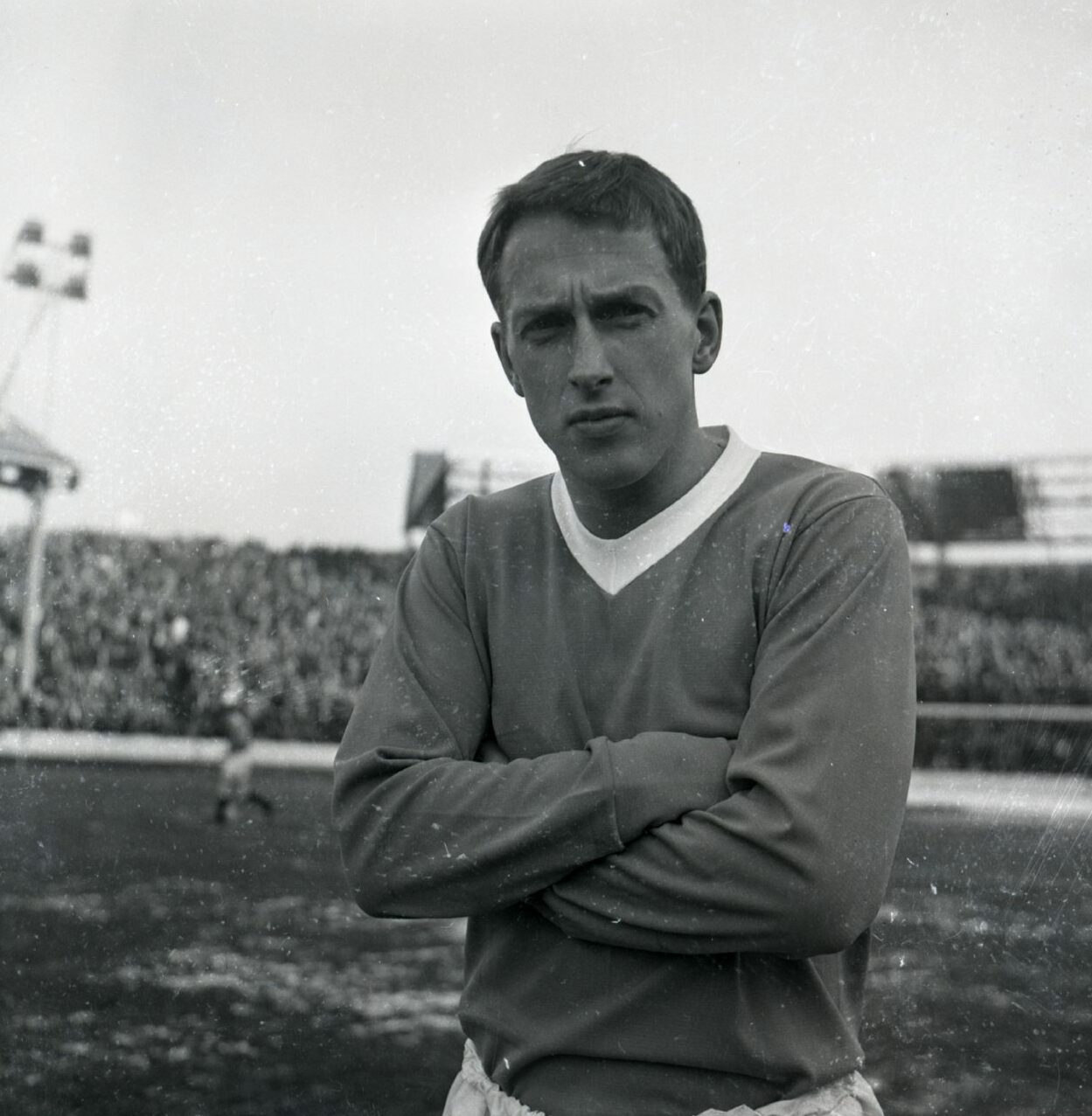
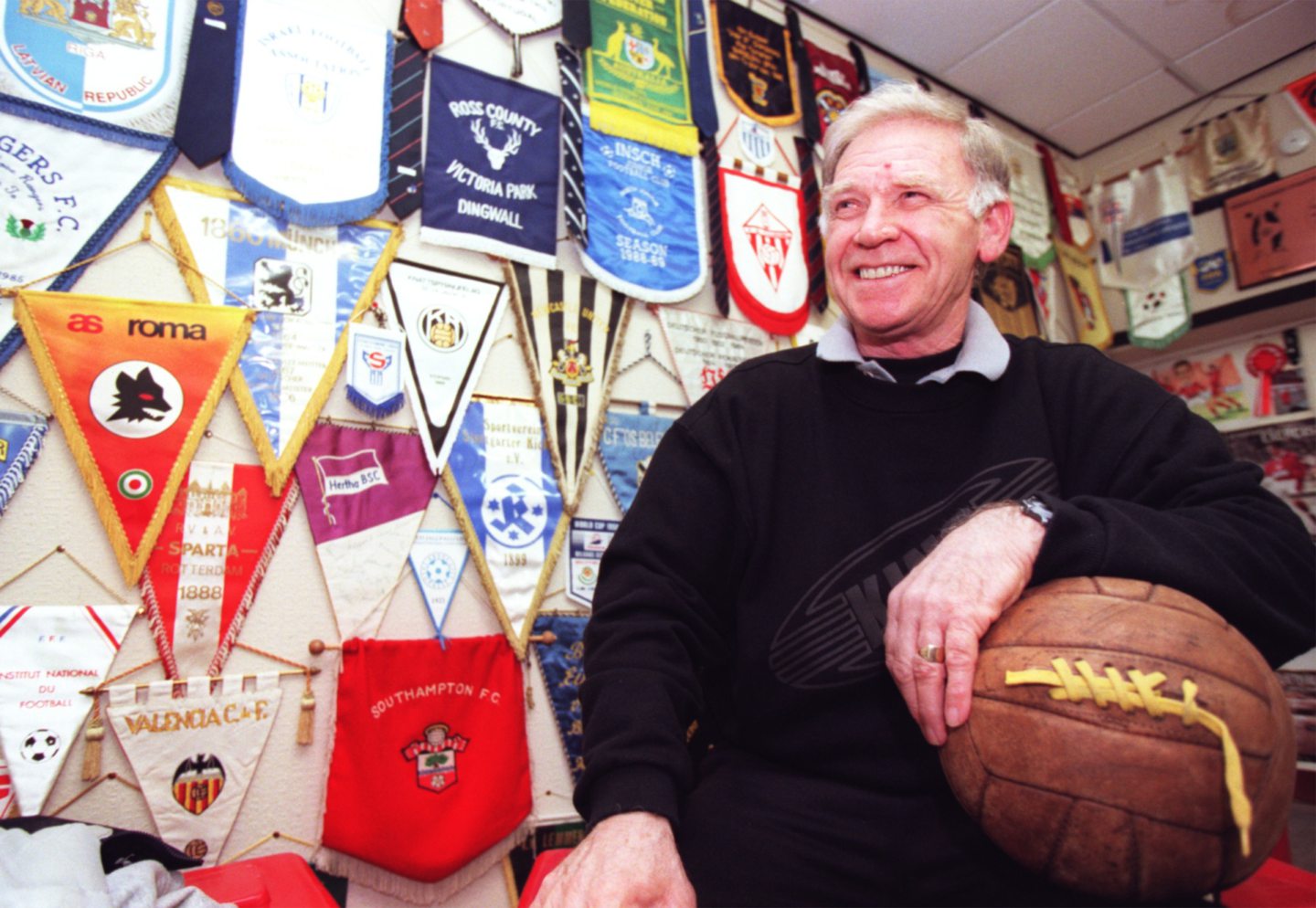
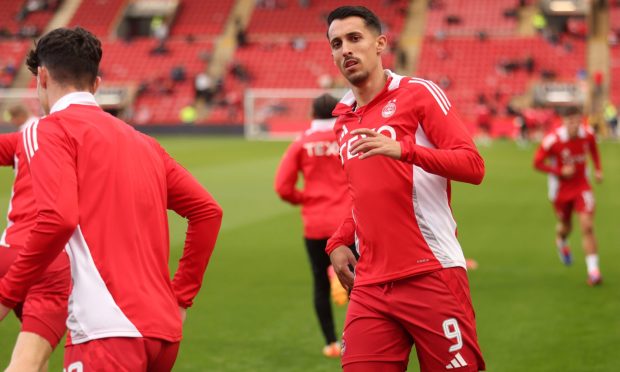
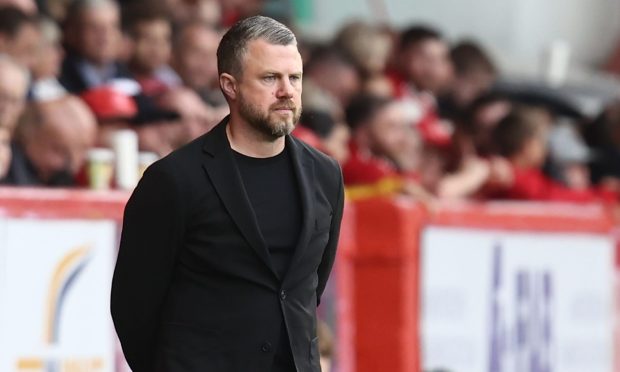
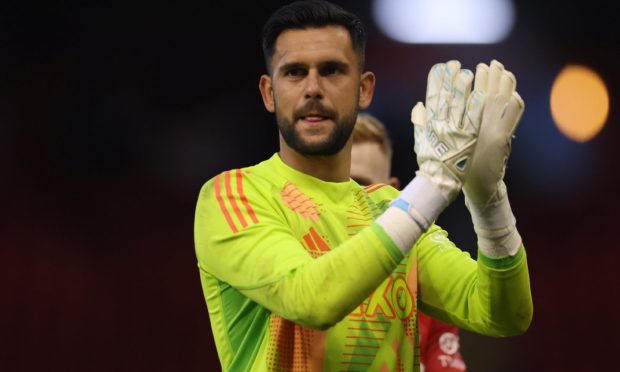
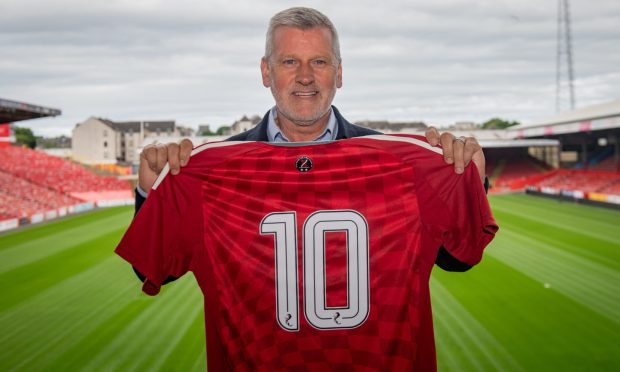
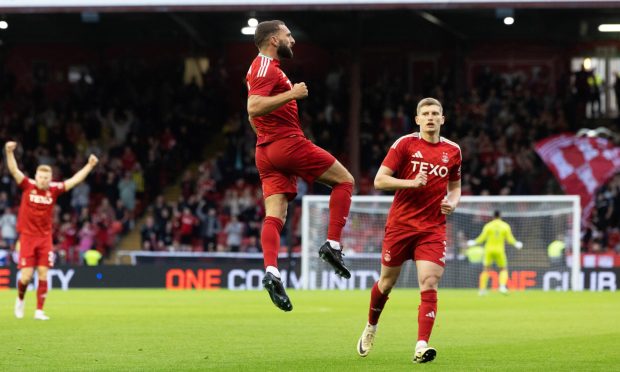
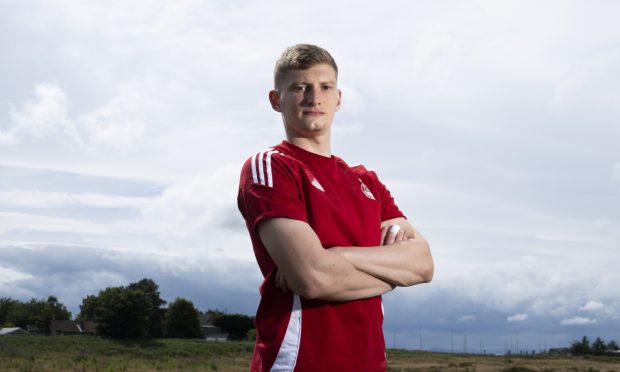
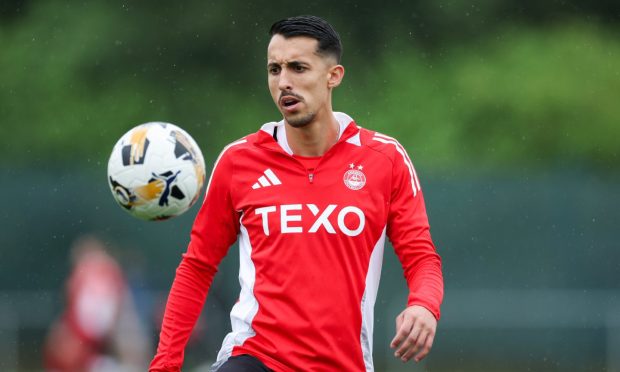
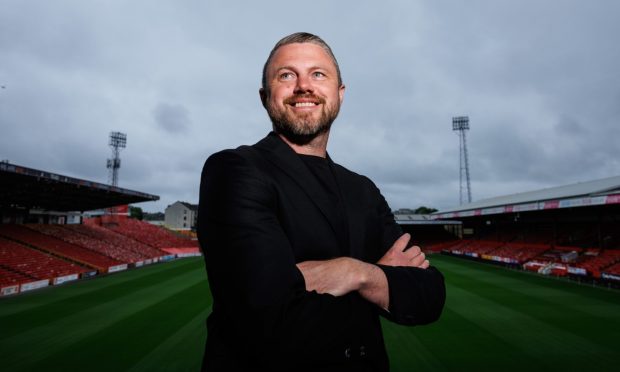
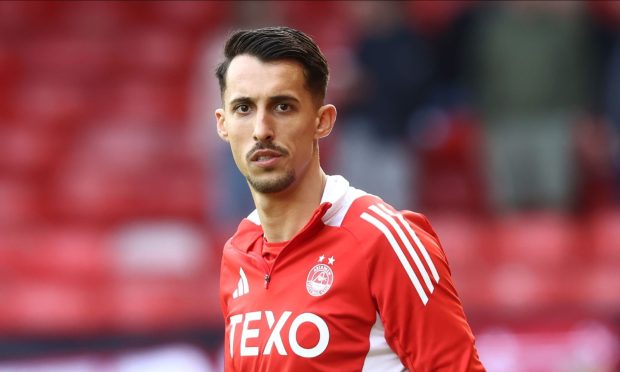
Conversation